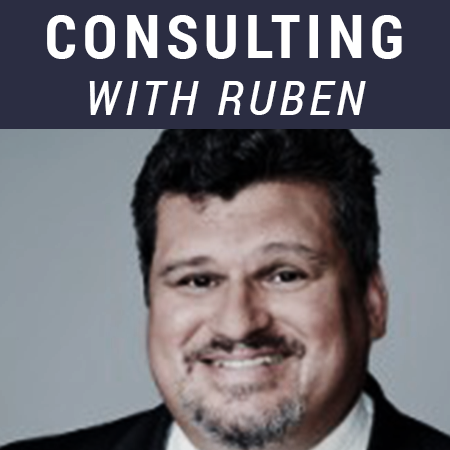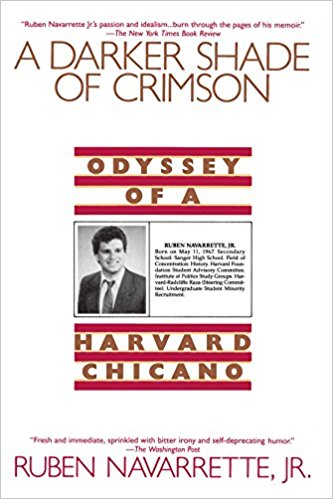SAN DIEGO — As those of you who follow the news and keep an eye on politics have probably noticed, our country’s gun debate is misfiring.
It has gotten to the point where, whenever I hear just about any discussion of the subject — whether by conservatives or liberals — I’ll wind up engaged in what has become a familiar ritual. I’ll put my palms on my forehead and mutter five words about my fellow Americans: “What’s wrong with these people?”
That’s what I thought within hours of the tragedy in Las Vegas — before the families of many of the victims had even been notified — when Democrats abandoned all decency by ghoulishly using the tragedy to attack a nemesis. The National Rifle Association has long complicated their political lives by contributing millions of dollars to Republicans.
The morning after the shooting, Hillary Clinton eagerly tweeted: “Our grief isn’t enough. We can and must put politics aside, stand up to the NRA, and work together to try to stop this from happening again.” Meanwhile, House Democratic Minority Leader Nancy Pelosi accused Republicans in Congress of being “a wholly owned subsidiary of the National Rifle Association and Gun Owners of America.”
That’s how politicians roll. When they’re not busy taking care of those who take care of them, they’re trying to take out those who take care of their opponents. It’s not complicated. But nor is it productive or helpful.
What’s wrong with these people?
Still, there’s a lot of truth in the idea that many Republicans have been bought and paid for by the NRA, and that this makes gun reform highly unlikely. Just as there is truth in the assertion that Democrats have been bought and paid for by the nation’s teachers unions, and that this makes the prospect of real education reform just as unlikely. Our government at work, folks.
What’s wrong with these people?
Special interests contribute to political parties and campaigns for one of two reasons — either to grease the wheels so as to pass legislation that helps them, or to gum up the mechanism and thwart legislation that hurts them. At the same time, politicians in both parties have learned to fall in line and follow orders. They know who they work for. And it’s not you and me.
The gun lobby on the right is just like the abortion lobby on the left. They won’t give an inch, even on mild and modest restrictions on rights they consider not just fundamental but sacred. They know their supporters will see any degree of reasonableness as capitulation. And they’re afraid that will mean fewer contributions down the road.
What’s wrong with these people?
The two parties also have something else in common. Neither is above resorting to demagoguery — some of it with a racial tinge — to bolster their respective positions on gun control.
Appearing Sunday on CBS’ “Face the Nation,” Sen. Dianne Feinstein, D-Calif., said of Las Vegas shooter Stephen Paddock: “This is a well-to-do man. … He wasn’t a gang-banger.” Later on the same show, NRA CEO Wayne LaPierre suggested that “a gang member in Chicago” won’t wait for a background check before buying a gun.
What’s wrong with these people?
The modern gun debate is a farce. Such a serious subject deserves a more serious discussion. We’re not delivering.
The obstinate loudmouths at the extremes are running the gun dialogue. It’s up to the folks in the sensible center to restore sanity to this issue, and do everything we can to save future generations from the scourge of gun violence.
At least, authorities need to keep track of the lunatics — people like Paddock, who bought 33 guns in one year and spent well over $100,000 on his personal arsenal, which included a total of nearly 50 weapons. Can anyone argue that this is normal behavior? At most, we should limit the number of gun purchases by an individual in a given year. The Second Amendment protects the right to bear arms, not the right to amass a stockpile of weapons with the intent of using them to kill others.
After all, we don’t want our children, and one day their children, to look back at our inaction at a time of crisis and ask:
“What was wrong with those people?”
Ruben Navarrette’s email address is ruben@rubennavarrette.com.
(c) 2017, The Washington Post Writers Group





